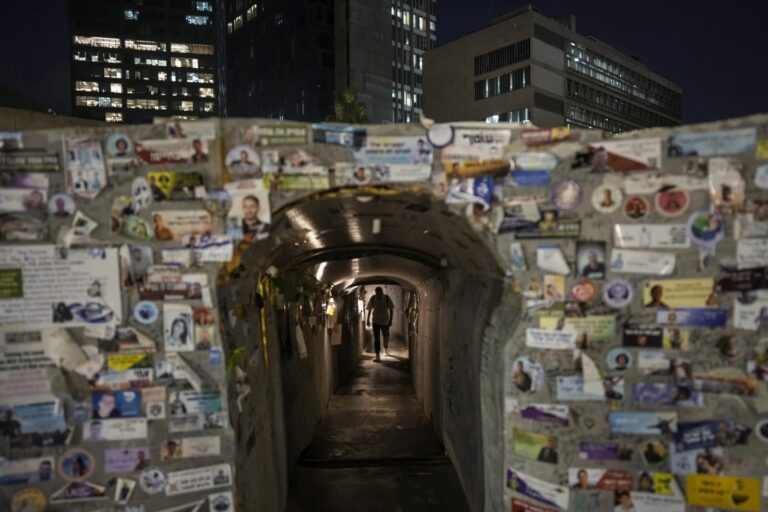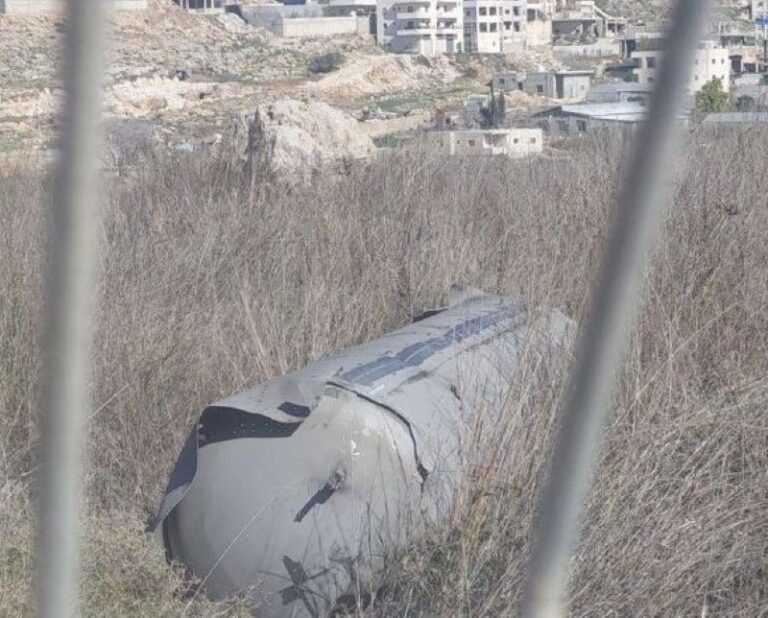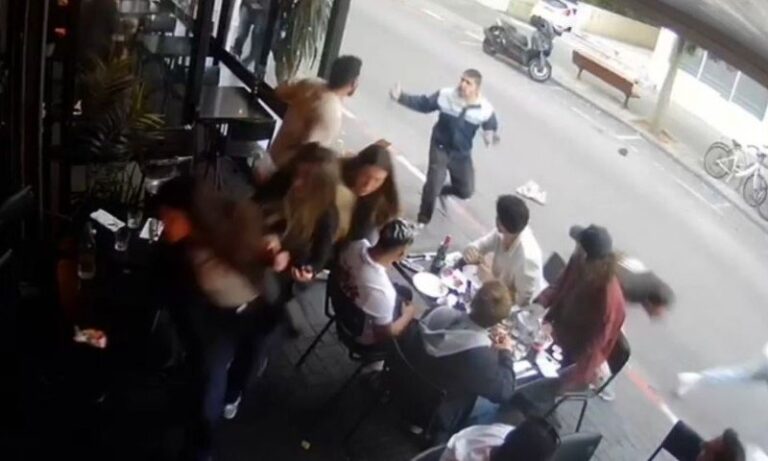 Non-frum resident of Jerusalem’s Ramat Sharett neighborhood are threatening to turn to the Supreme Court in an effort to prevent a chareidi yeshiva from opening in the area. Ramat Sharett is situated in southwest Yerushalayim, between Bayit Vegan and Ramat Denya.
Non-frum resident of Jerusalem’s Ramat Sharett neighborhood are threatening to turn to the Supreme Court in an effort to prevent a chareidi yeshiva from opening in the area. Ramat Sharett is situated in southwest Yerushalayim, between Bayit Vegan and Ramat Denya.
The residents have learned that plots of land are being allocated for yeshivos to serve the chareidi tzibur and opponents fear that based on realities in other areas; it will mark the beginning of the chareidi takeover of their community. What cannot be disputed however is significant increase in the number of young chareidi children in Ramat Sharett over recent years, as is the case in many areas of the capital.
The secular residents are not pleased with the changing demographic realities, citing on one recent Shabbos rocks were thrown at a vehicle. They feel the new residents are bringing an air of extremism to the community.
At the heart of the dispute is a decision by Jerusalem City Hall to allocate land for three chareidi yeshivos in the community. The non-frum feels that they are being left without a public building due to the chareidi takeover of their community.
The Jerusalem City Council passed the resolution last week to allocate the land, with objections voiced from Meretz Councilmen Pepe Allalu and Meir Margalit. Local planning officials rejected the petition from the residents seeking to block the yeshiva. Maariv adds that it has learned the real opposition however comes from professionals at City Hall, including the city treasurer, legal advisor and director-general, all of the opinion that the area’s chareidi residents are entitled to the plots of land.
The Givat Sharett community board is threatening to take the case to the Supreme Court, hoping the threat will persuade the city to back down.
City Hall statistics shows the number of kindergarten and elementary school age chareidi children in Ramat Sharett has doubled in the past five years, today making up a third of the community’s children, Maariv reports.
(YWN – Israel Desk, Jerusalem)











8 Responses
The article is not clear as to whether any of the 3 plots of land are needed by the secular community for public space or they simply oppose any expansion of chareidi mosdos. Sounds more like the latter and in that case, the courts should rule against them.
Very similar to how many Americans act when blacks or hispanics are moving into the area. Note that in America, the courts protect minorities. In Israel, the court protects the right to discriminate. And note whose role hareidim have.
what would happen if a secular group built a youth center in the midst of a religious neighborhood? I suppose the outcry would be the same.
What can be done to stem the building hatred between the religious and non religious in Israel? This is very important.
Who can blame them? If we shomrei torah would behave like metchen,they woudln’t mind us, but if we try to force our way on them, or if we are not carefull about keeping our houses and streets Clean its no wonder they don’t want us
The first law of genetics id that if your parents never had any children, than neither will you. You can’t fight nature.
Rebuilding the Jewish nation means people, lots of people.
If religious groups who border on each other in Bet Shemesh can not tolerate or get along with each other. I would be one of the seculars who are upset with the change in my neighborhood’s dynamics!!!!!!
Since when is a non-haredi not frum?
akuperma:
I think you are right there; as an American “expat” living in Jerusalem I find the parallel striking.
Note one difference though. I believe (I may be out of date though) that crime rates tend to go up in US areas where the “unwanted” minorities move in (this I believe is verifiable and not just prejudice, but one would have to check — and it is certainly people’s perception). Thus there is a reason for the opposition aside from the prejudice.
When chareidim move in to a Jerusalem neighborhood, I am pretty sure the crime rate does not go up. In some (such as Rommema about 20 odd years ago) it actually goes down. (The issue mentioned by scb about clean streets may be truly an issue, but I don’t consider it on the same level as robberies and violent crime).